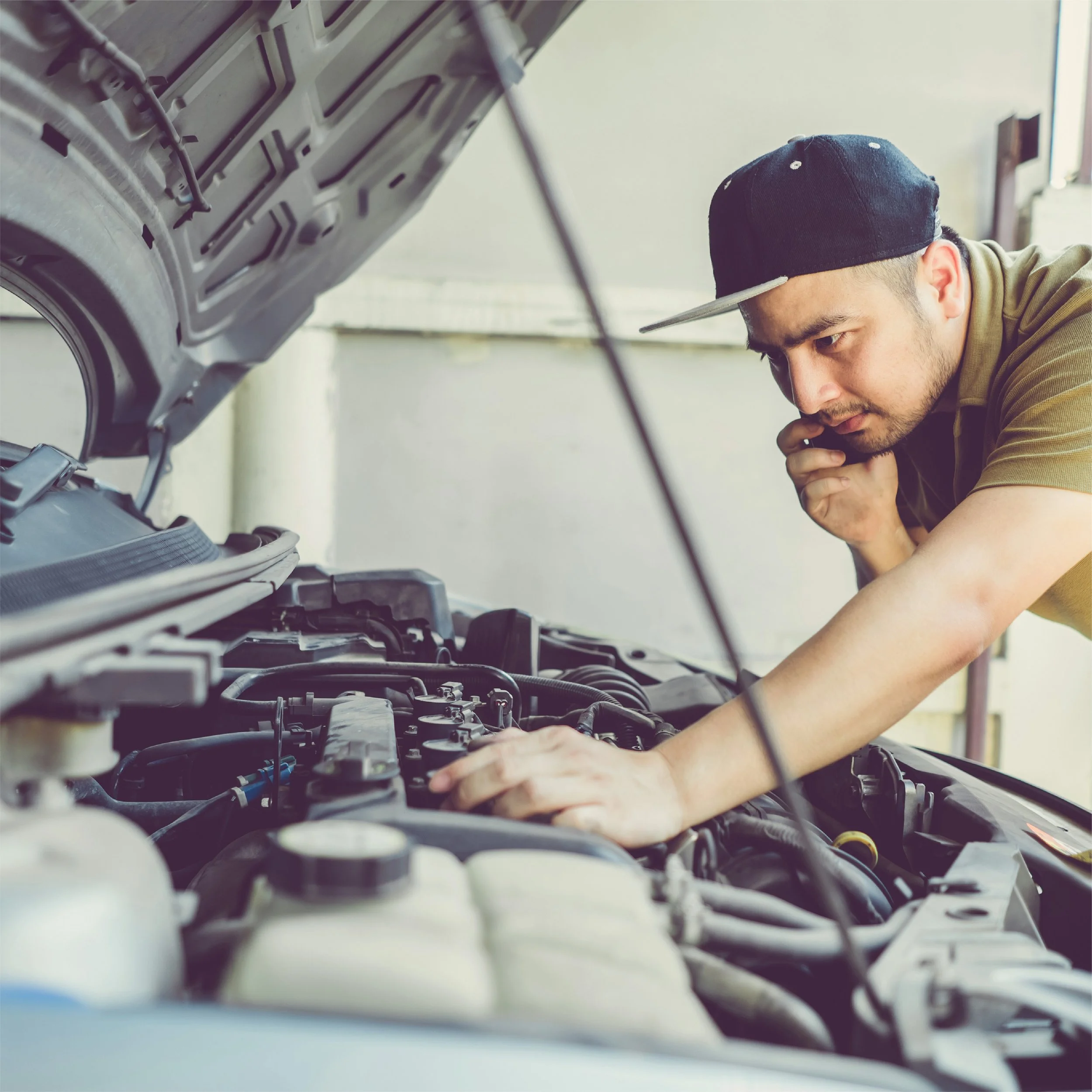How COVID-19 Affected Millennials’ Finances
Written by The Clearcover Team | 3 minute read
For those of us born between 1983 and 1996—yes, we are talking about millennials—the economic downturn of COVID-19 isn’t our first rodeo. We’d already survived the Great Recession and the aftershocks, but the effects never quite wore off and we’ve been on tenuous financial footing as a generation ever since. Many of us still had mountains of student loan debt and hadn’t quite scraped the money together for a home purchase. And we’d lost an entire decade of wage growth. As a generation, though, younger people were getting by—not thriving, but (mostly) surviving.
But that was before March 2020, which is when the impact of the coronavirus broadly hit US shores, the country shut down, and we found ourselves living in a whole new economic landscape—new, and yet familiar. Second verse, worse than the first.
So, how is this COVID crisis affecting everyone’s financial outlook? How are younger people feeling about their financial futures, and how are we all adapting to our new economic reality? (And when we say “we,” we do mean it—most of us at Clearcover are between the ages of 24 and 39.) Last month, we ran a survey of +800 people to better understand everyone’s sentiment towards finances and job security in the era of COVID—and here’s what they said.
Optimism about finances was already weak before COVID-19.
Our survey respondents in the age range between 24-39 painted a picture of their financial prospects prior to the coronavirus, and the results were mixed. On one hand, less than half (45%) stated that they were optimistic about the US economy and only 4 out of 10 respondents stated that they’d felt confident they could find a new job if they needed one. What’s more, only 43% said that they were growing their personal wealth before COVID. On the other hand, a significant amount of respondents stated that they’d had good job security (66%) and that they were optimistic about their career outlook (62%). Slightly fewer respondents (57%) said that they’d been optimistic about their personal financial futures before March 2020.
Then we asked them how they felt about their situation post-COVID.
And how are folks feeling now?
The difference between how our respondents described their financial situation pre- and post-COVID is staggering—a 20 percentage-point drop across the main indicators. Only 42% of our respondents stated that they’re currently optimistic about their career outlook (down from 62%)—and now only 2 out of 10 were confident that they could find another job if necessary. Meanwhile, less than 2 out of 10 survey-takers were optimistic about the US economy and—ominously—only 1 out of 4 could state that they’re currently growing their personal wealth (down from 43% pre-COVID).
And this growing pessimism is already showing itself in financial decision-making.
Millennials are making moves on insurance and financial services
In the wake of the coronavirus, our respondents were relooking at their insurance services—and making changes. Nearly 1 in 3 of our survey respondents stated that they’d purchased new insurance or made changes to an existing policy since the beginning of the coronavirus outbreak. In fact, many respondents said that they felt the need for new insurance products precisely because of the pandemic: 44% stated that they were interested in getting life insurance for the first time.
And there was plenty of movement on car insurance, specifically. 1 in 3 survey-takers were considering changing car insurance companies in the next year—and 1 in 5 had already switched auto insurance providers in the past three months. And that makes sense, too, when you consider that over half of our respondents said that COVID-19 and the related economic crisis had made them more aware of what their car insurance costs.
While no one knows what’s going to happen next, it seems our respondents are preparing to tighten their belts.
In presenting our survey findings, we’re well aware that this is heavy stuff—and it isn’t exactly a surprise. Americans of all ages have been financially affected by this pandemic in one way or another, and the story of our generation is just one piece in the bigger narrative. That said, our survey also showed that the personal automobile is the largest and most important financial asset that many people between 26 and 39 own. And while we’re not going to pretend that a lower car insurance payment can fix the coronavirus economic fallout, it might be able to fix a tiny piece of it for you (you can find out here in 6 minutes). That’s our hope, anyway.
Meanwhile, we’ll continue to monitor the situation. Please reach out to us if we can help in any way or if you have any questions about your coverage. It’s a confusing time, and we’re here to help as much as we can.
>> Get a quote with Clearcover.





